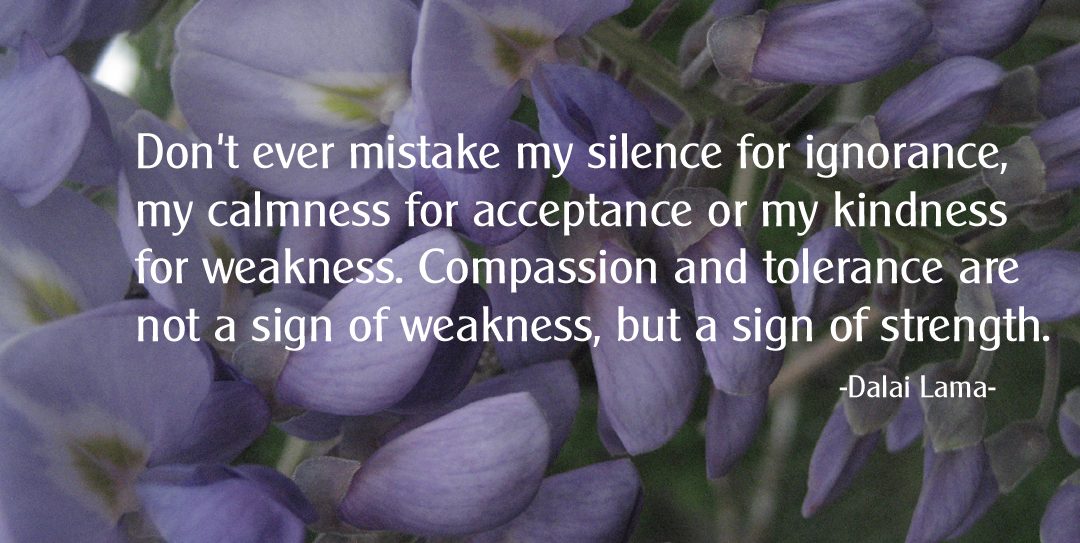As the 6am flight prepared for takeoff my morning focus was too hazy to open a book. Though I have heard it many times I found myself transfixed by the voice on the speaker. “Should the cabin experience sudden pressure loss, stay calm… make sure that your own mask is on first before helping your children.”
I thought “this is true for flying, health and compassion, right?” If I am not healthy I will not be physically able to take care of an ill loved one, but compassion appears to be another matter.
Recently I wrote on the importance of compassion in the workplace. How many of us strive to be compassionate with others and leave self-compassion out of our dictionary? Self-compassion isn’t even listed in Merriam Webster’s version.
The definition is to be sensitive to your own suffering and have a desire to alleviate it, letting go of your own inadequacies and perceived failures. Self-compassion involves a sense of common humanity; recognizing that everyone fails, makes mistakes and engages in dysfunctional behavior at some level. For many this is where the safety announcement correlation ends.
Most likely you have heard ‘What you focus on, you manifest”. If you are purchasing a red Honda, all you see are red Hondas on the road. Similarly if you hang on to and replay that blunder with the client you will see a blunder in each meeting, reviewing with a perfectionist’s eye and destroying your confidence.
There is an abundance of reasons and research supporting the development and practice of self-compassion; you only need 1 to begin being kinder to yourself.
- Practicing self-compassion has been shown to increase positive emotions and self confidence. One consistent finding in recent research is that greater self-compassion is linked to less anxiety and increased confidence. A recent meta-analysis across 20 studies found self-compassion offers protection against anxiety when controlling for self-criticism.
- An ability to regulate emotions facilitating working well with others has been connected to increased heart-rate variability and decreases in the stress hormone cortisol, both an outcome of self-compassion. Research has shown that self-compassion decreases cognitive reactivity and emotional avoidance.
- When it comes to learning and productivity, self-compassion is linked to a mastery orientation which increases curiosity along with a motivation to learn and grow. Those that are self-compassionate view making mistakes as a part of the learning process therefore tend to be more resilient and don’t interpret failure as a measurement of their self-worth.
- Those low on self-compassion value performance goals, tending to fear failure and are extrinsically motivated to succeed to defend or enhance their self-worth. K. D. Neff at University of Texas Austin [25] showed that self-compassion is positively associated with mastery goals and negatively associated with performance goals.
- Self-compassion is shown to decrease destructive perfectionism. Self-compassionate people aim equally as high as others with their level of performance, but do not become frustrated when not able to meet their goal. They are motivated to do their best because they care about themselves and are willing to pick themselves up after failing, even admitting their failures.
- Without self-compassion innovation suffers, being admonished for failures when taking chances on unexpected solutions will cause one to stay with the safe route. If you won’t let go of a failure, the emotional flogging doesn’t just happen at the office, but creeps into your creativity and follows you home.
First become aware when you are having negative thoughts about yourself. Then visualize blowing those thoughts across the room as you exhale.
Don’t just “treat others as you would like to be treated”. Treat yourself as you strive to treat others.


Recent Comments